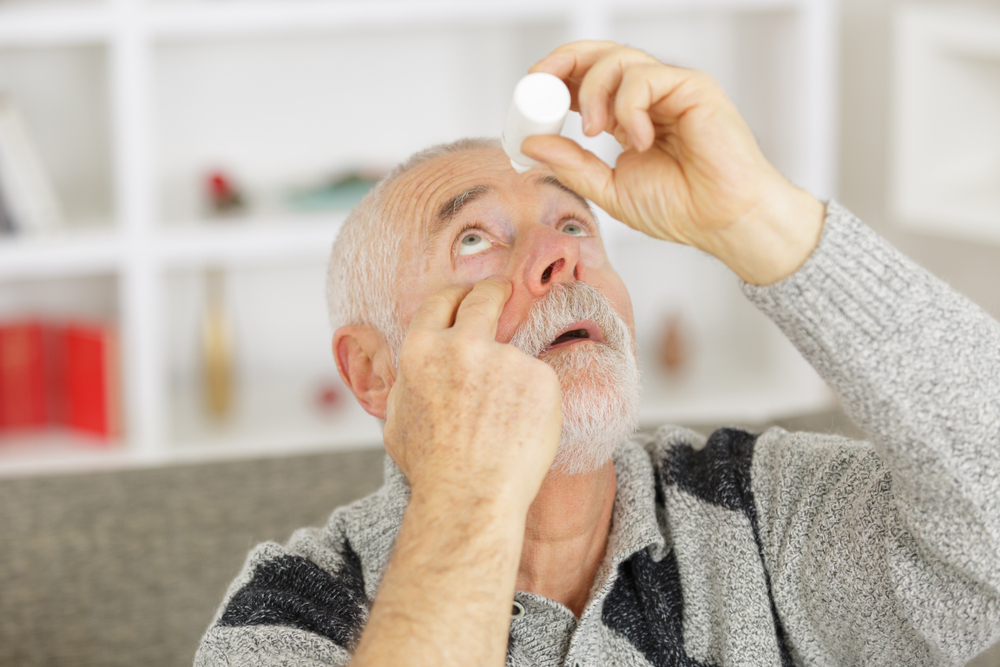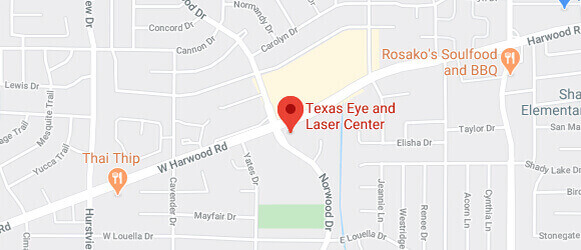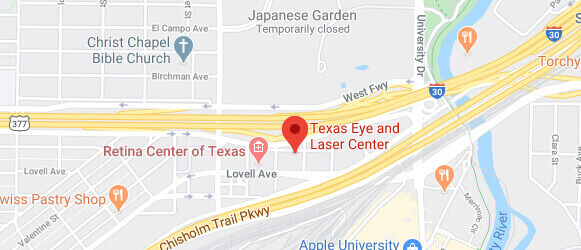Do you or a loved one have cataracts? Are you thinking about whether it’s time to have them removed?
Cataract surgery can feel daunting, but it doesn’t have to be! While surgery is the only way you can treat cataracts, some people are still hesitant to have it done due to fears about the procedure and a long recovery.
Cataract surgery isn’t anything to fear. Not only is it a simple outpatient procedure that takes a matter of minutes, but recovery is a cinch!
If you follow your eye doctor’s instructions and take care of your eyes while they are healing, recovery can be fast and painless. This allows you to get back to your day-to-day activities before you know it.
The best part? You’ll have clear vision! Keep reading to learn more about cataract surgery and why it’s easy to have a relaxing recovery after having it!
What Happens During Cataract Surgery?
Cataract surgery is one of the most commonly performed medical procedures in the country. Your surgeon has probably done it hundreds, if not thousands, of times.
What happens during cataract surgery? First, you’ll receive a light anesthetic and numbing eye drops.
You’ll be awake during your procedure, but you won’t feel any pain. After the numbing eye drops have started working, your surgeon will create a tiny incision in your eye.
The incision will allow your surgeon to access your natural lens. To remove the cataract, your surgeon will gently break your lens into small pieces and remove them through the incision using an ultrasonic device.
Once your surgeon removes the cataract pieces with a suction device, they replace the lens with an intraocular lens (IOL). IOLs are artificial lenses that provide you with clear vision as your natural lens did before you had cataracts.
Once the IOL is inserted through the incision and aligned, the procedure is over! There is no need for stitches as the incision is small enough that it closes on its own.
Here at Texas Eye and Laser Center, patients also have the option to undergo laser-assisted cataract surgery. Laser-assisted cataract surgery uses laser technology to perform the procedure, which significantly improves both accuracy and precision.
What To Expect After Cataract Surgery

Once you are cleared to go home, you will need someone to drive you home. Your vision may be blurry or distorted due to dilation of the pupil and mild swelling of the eye.
Make sure you have a family member or a friend that can get you home safely. When you attend your follow-up appointment with your eye doctor the next day, you will likely find out that you can start driving again.
Your eye may feel a little tender once the anesthetic wears off, but taking prescribed medication and over-the-counter painkillers can ease any slight discomfort you may feel.
Caring For Your Eyes After Cataract Surgery

Before you have cataract surgery, your eye doctor will provide you with all the information you need on how to care of your eyes while you are recovering. This includes prescribing antibiotic and anti-inflammatory eye drops and detailed instructions on when to take them.
Many surgeons provide a chart you can use to keep track of what medications to take and when. If they don’t, it’s simple enough to track them on a piece of paper or on your phone.
Your ophthalmologist will include a list of approved and prohibited activities. These may vary from surgeon to surgeon, but there are a few rules that you should keep in mind.
Take It Easy
For the first week after having cataract surgery, you should avoid strenuous activity. That means no intense exercise or heavy lifting.
Avoiding physical activity doesn’t have to feel restricting. Instead, think of it as an excuse to relax for a few days.
You can take leisurely walks as long as you keep it slow and laid-back. But you can also kick back and relax without feeling guilty about not exercising or doing chores for a few days!
Some Things to Avoid

In the days and weeks following having cataract surgery, the number one thing you need to avoid is getting anything in your eye. This includes dust, dirt, water, and anything that can get into your eye besides approved medication.
Some important things to avoid are pools and eye makeup. Chlorine can be harmful to your eyes, and while you’re healing from cataract surgery it should be avoided.
Be careful around tap water, too. Even if it’s clean, running water runs the risk of getting contaminants in your eye. Be careful when taking showers to keep the showerhead pointed away from your face.
Also, be very careful never to touch or rub your eyes! It may be tempting, especially in the first few days when your eye is still sore, but rubbing your eyes can be harmful.
Ready to find out if you need to have cataract surgery? Schedule your cataract screening at Texas Eye and Laser Center in Fort Worth, TX, today! Stop letting cataracts rule your life and get back to seeing clearly!



